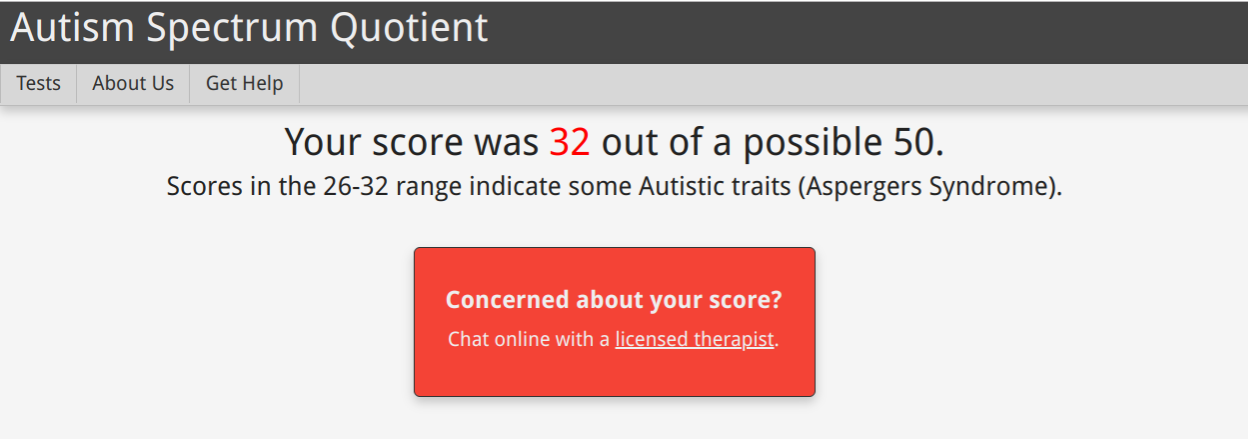Wiggles
New Member
First I know I'm supposed to start with a claim, and the claim I'd use would be "there have been no photos of space since this first photo from space was taken in the mid 20th century":
You can look at that and convince yourself the horizon is flat. Obviously the Apollo mission photos debunk the claim right away and show Earth is round.

One could easily say however "Look at how Hollywood uses CGI to create photo and video of earth. All the photos and video you see today could easily be faked". So I couldn't talk him out of it (maybe he wasn't even serious, who knows). I've looked for contradictions or "giveaways" in photos from space of the earth from the DSCOVR or Himawari (such as disagreeing cloud formations) but haven't found any, so until someone finds a dead giveaway that the photos are faked, there's no reason to believe they are.
For the next day or two after that guy made this claim to me though, I was a stage 1 flat earther (flat earthers often talk about various stages where you start by doubting earth is what "they" say it is, then you gradually convince yourself earth is flat). I seriously considered that earth being flat is a possibility, and then scrambled to look at my local geography to find an island that is distant enough to be obstructed by the ocean if earth is round, but close enough to see with the naked eye. Luckily I found an island and was able to demonstrate earth isn't flat. So I got off the flat earth train quite quickly. If I hadn't done that experiment, I might have stayed on the flat earth train a bit longer. Probably I'd just keep looking for an experiment I could do to verify earth isn't flat.
I always wonder that if I didn't have a lot of training in mathematics and applied science, then maybe I could have become a flat earther. My general practitioner said "stay out of that flat earth side of the internet, you are a person who is more vulnerable to these things". I'm also very likely not a neurotypical individual, and although I've not been diagnosed with psychosis or any other disorder, I've been hospitalized for induced psychosis. Crazy people think differently and might come up with good ideas (which is why Alan Watts said you want to have about 5% screwballs in any university faculty of professors), but of course crazy thoughts are often best left alone.
I am a person who sees the appeal of going against what people normally think and accept, and going into ideas that people might consider nutty. But I just get angry when people go into nutty ideas and leave math behind. I see them falling for bullshit like I did when I started thinking "maybe earth really is flat. I don't know, I could have been lied to", but they don't use math to think about these ideas. I look it as them performing self mutilation, and you would probably get angry if you saw someone whipping themselves or beating themselves and you'd tell them to stop.
---
So one of the reasons I'm making this post is because I've wasted too much time in this flat earth game. Flat earthers often get defensive and hurl insults when you simply state something like "water has a density of 1g/cm^3" except it's a fact that contradicts earth being flat. Is there really any point now in staying in the flat earth game, or should I just let the very small minority of flat earthers continue to "self mutilate" themselves as I described?

You can look at that and convince yourself the horizon is flat. Obviously the Apollo mission photos debunk the claim right away and show Earth is round.

One could easily say however "Look at how Hollywood uses CGI to create photo and video of earth. All the photos and video you see today could easily be faked". So I couldn't talk him out of it (maybe he wasn't even serious, who knows). I've looked for contradictions or "giveaways" in photos from space of the earth from the DSCOVR or Himawari (such as disagreeing cloud formations) but haven't found any, so until someone finds a dead giveaway that the photos are faked, there's no reason to believe they are.
For the next day or two after that guy made this claim to me though, I was a stage 1 flat earther (flat earthers often talk about various stages where you start by doubting earth is what "they" say it is, then you gradually convince yourself earth is flat). I seriously considered that earth being flat is a possibility, and then scrambled to look at my local geography to find an island that is distant enough to be obstructed by the ocean if earth is round, but close enough to see with the naked eye. Luckily I found an island and was able to demonstrate earth isn't flat. So I got off the flat earth train quite quickly. If I hadn't done that experiment, I might have stayed on the flat earth train a bit longer. Probably I'd just keep looking for an experiment I could do to verify earth isn't flat.
I always wonder that if I didn't have a lot of training in mathematics and applied science, then maybe I could have become a flat earther. My general practitioner said "stay out of that flat earth side of the internet, you are a person who is more vulnerable to these things". I'm also very likely not a neurotypical individual, and although I've not been diagnosed with psychosis or any other disorder, I've been hospitalized for induced psychosis. Crazy people think differently and might come up with good ideas (which is why Alan Watts said you want to have about 5% screwballs in any university faculty of professors), but of course crazy thoughts are often best left alone.
I am a person who sees the appeal of going against what people normally think and accept, and going into ideas that people might consider nutty. But I just get angry when people go into nutty ideas and leave math behind. I see them falling for bullshit like I did when I started thinking "maybe earth really is flat. I don't know, I could have been lied to", but they don't use math to think about these ideas. I look it as them performing self mutilation, and you would probably get angry if you saw someone whipping themselves or beating themselves and you'd tell them to stop.
---
So one of the reasons I'm making this post is because I've wasted too much time in this flat earth game. Flat earthers often get defensive and hurl insults when you simply state something like "water has a density of 1g/cm^3" except it's a fact that contradicts earth being flat. Is there really any point now in staying in the flat earth game, or should I just let the very small minority of flat earthers continue to "self mutilate" themselves as I described?

